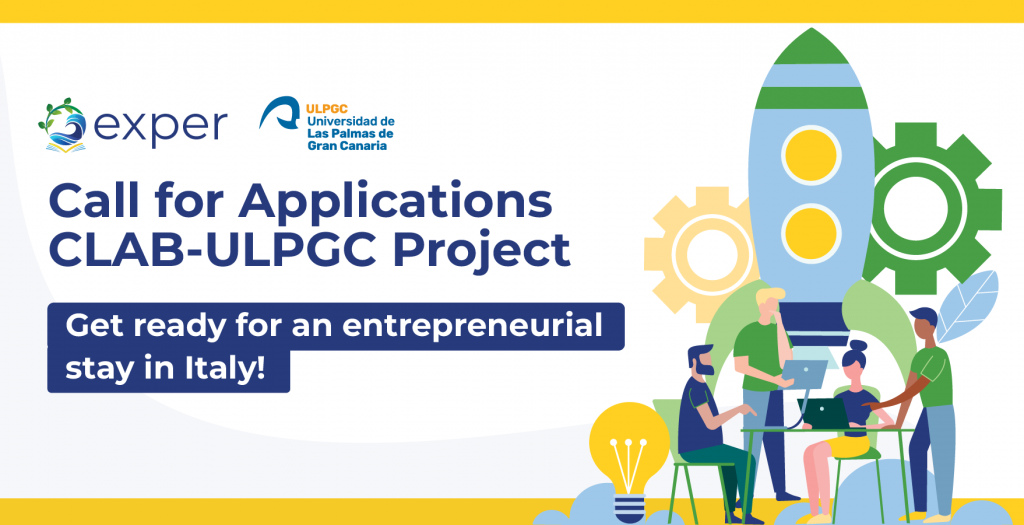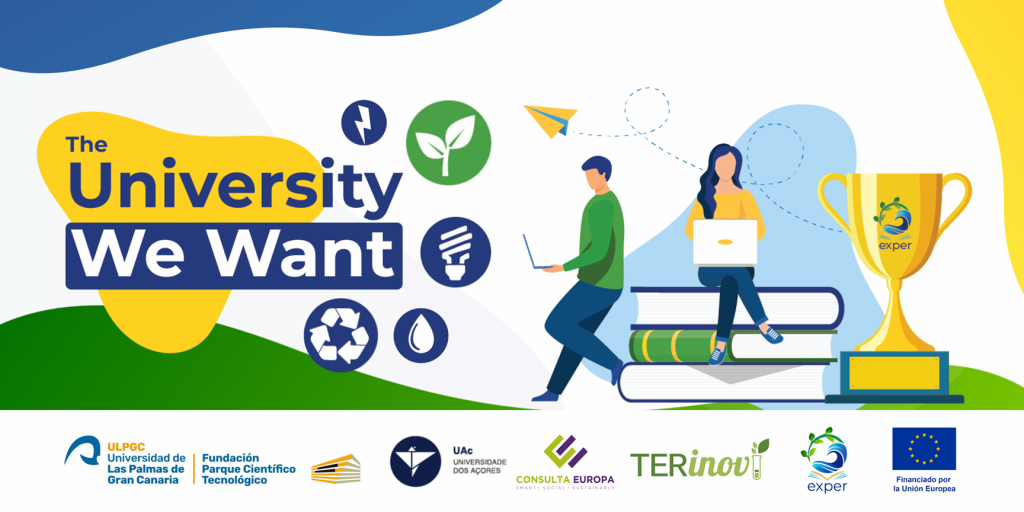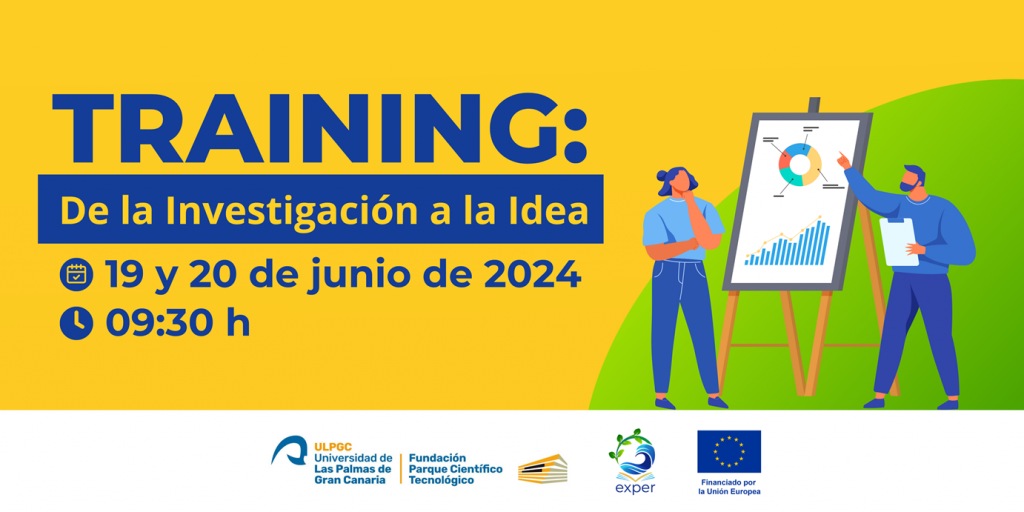São Miguel Island, October 17, 2023 – The EXPER Project consortium convened on October 16 and 17, 2023, on São Miguel Island to deliberate on future project directions and share the progress made within the framework of their research. The two-day assembly saw fruitful discussions on various aspects of project management, cooperation models, and strategies for the modernization of Widening Higher Education Institutions (HEIs) with an emphasis on research and innovation. The meeting took place at the gracious hospitality of the University of the Azores and included a visit to the NONAGON Park.
Key Highlights from the General Assembly:
1st Day: Assessing Regional Ecosystems and Modernization Strategies
On the first day, the consortium conducted a thorough assessment of the regional ecosystems associated with the Widening universities participating in the project. The University of Las Palmas de Gran Canaria and the University of the Azores were the focal points of this evaluation. The aim was to gather knowledge and assess existing cooperation models and practices among these institutions, closely aligned with the project’s leading organisations—the University of Calabria and the University of Rostock.
Additionally, discussions centred around strategies to modernise HEIs and promote research and innovation. Key sustainability and exploitation topics included:
- Sustaining the adoption of modernization results in Widening HEIs.
- Preparing for the establishment of a European University Alliance.
- Engaging with additional HEIs to expand the EXPER European University Alliance.
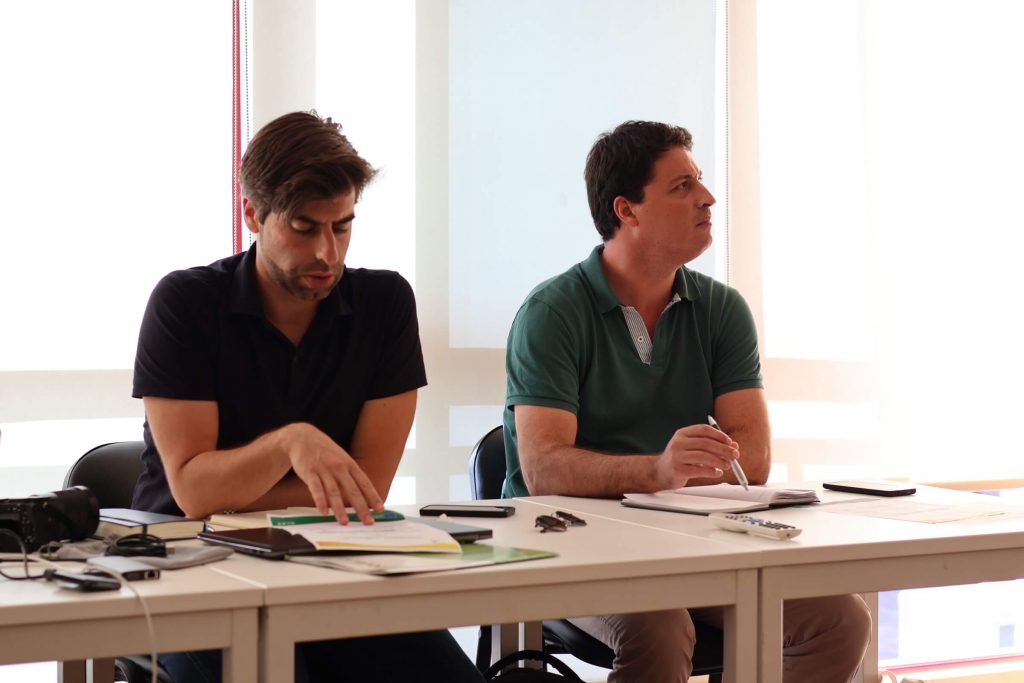
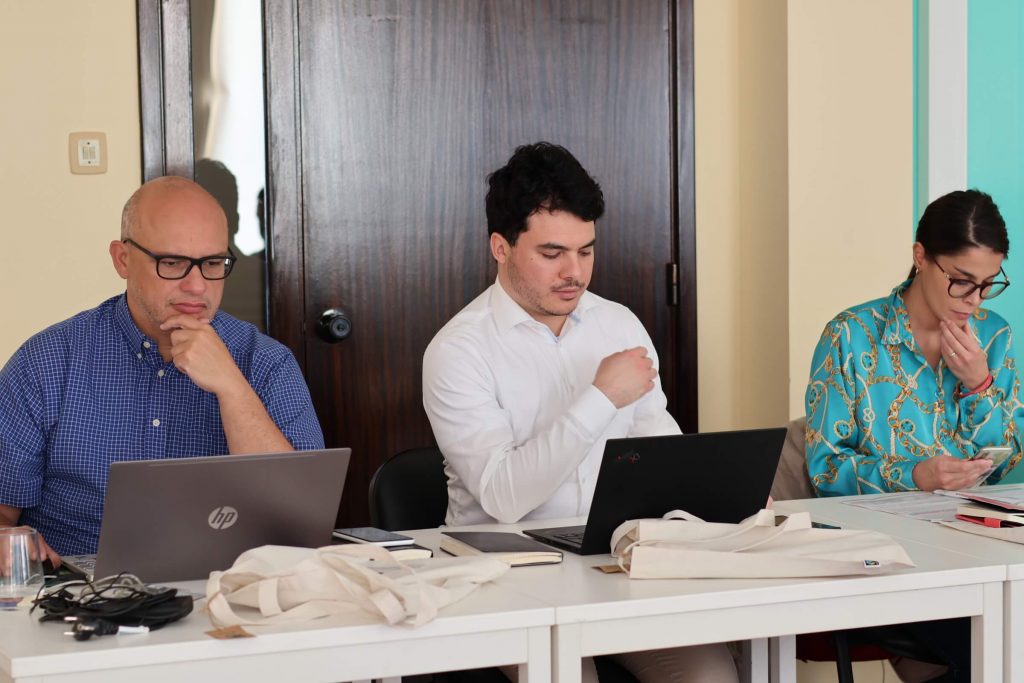
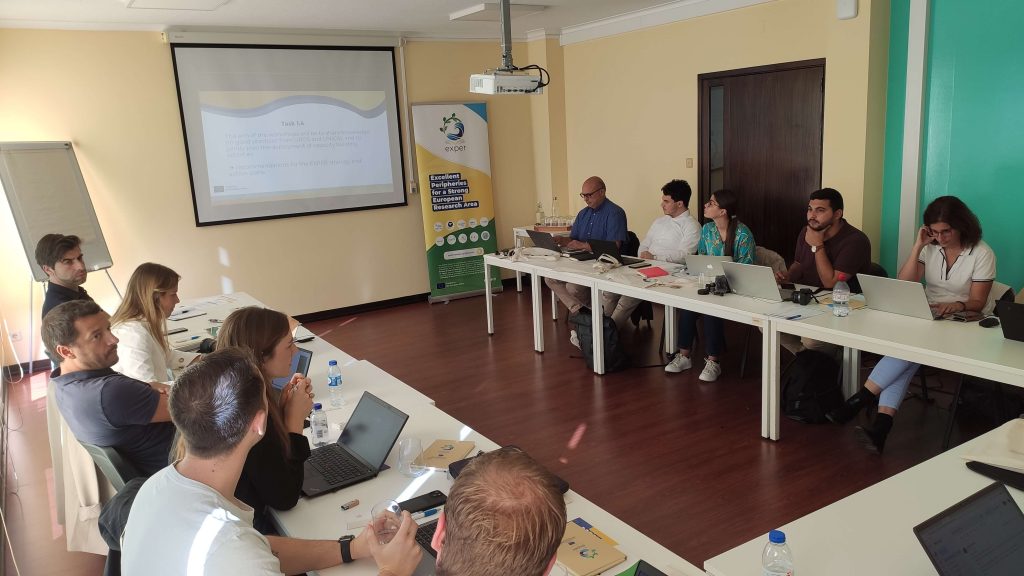
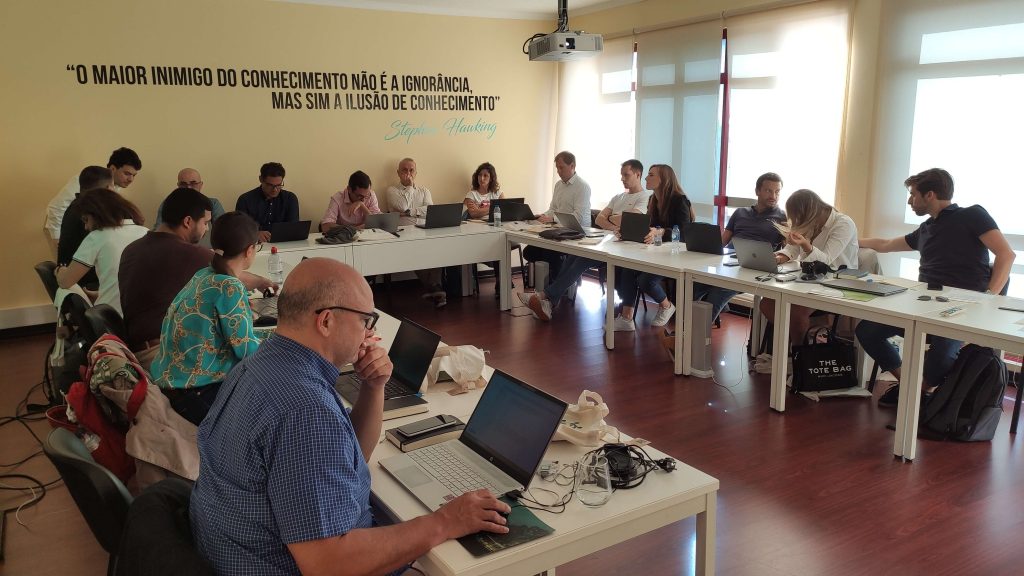
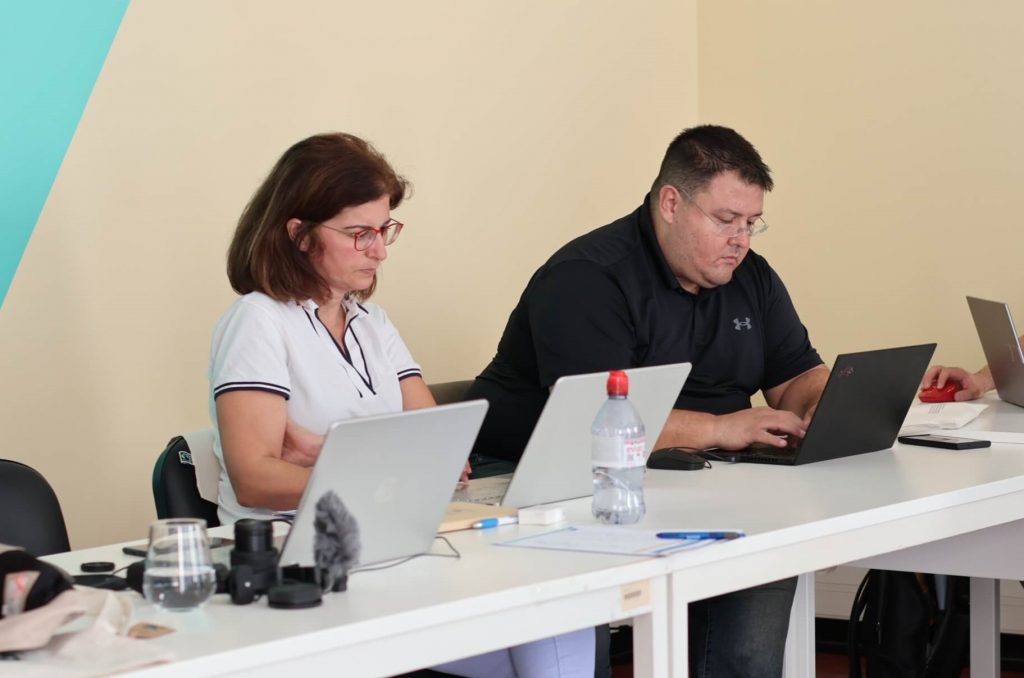
2nd Day: Co-Design Activities and Brain Drain Mitigation
The second day focused on co-design activities to enhance the appeal of Widening Universities to talented individuals. This involved improving career conditions and devising strategies to prevent or mitigate brain drain, especially in the two outermost regions, the Azores and the Canary Islands.
Moreover, discussions covered research and innovation strategies, emphasising the creation of an interdisciplinary critical mass to drive societal impact. These discussions will lead to the identification of new research strands that involve multidisciplinary research working groups from both Widening and leading HEIs.
Finally, the assembly addressed the need to enhance knowledge transfer mechanisms at Widening organisations. It was proposed to organise dedicated training for researchers and provide technical assistance to Widening Universities in establishing Spin-offs supporting offices.
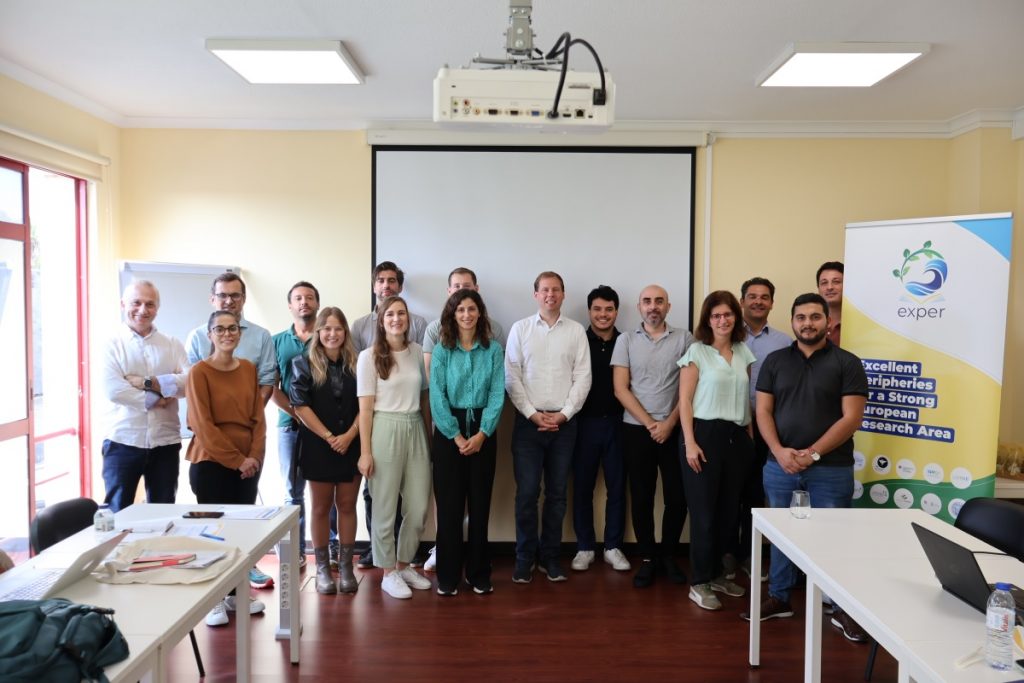
Visit to NONAGON: Engaging with the surrounding ecosystem
The consortium expressed its gratitude to the University of the Azores for hosting the event and providing an opportunity for partners to visit the NONAGON Park. NONAGON, the first Science and Technology Park of the Autonomous Region of the Azores, situated in Lagoa, São Miguel Island, plays a pivotal role in fostering technological innovation and developing human resources in information and communication systems.
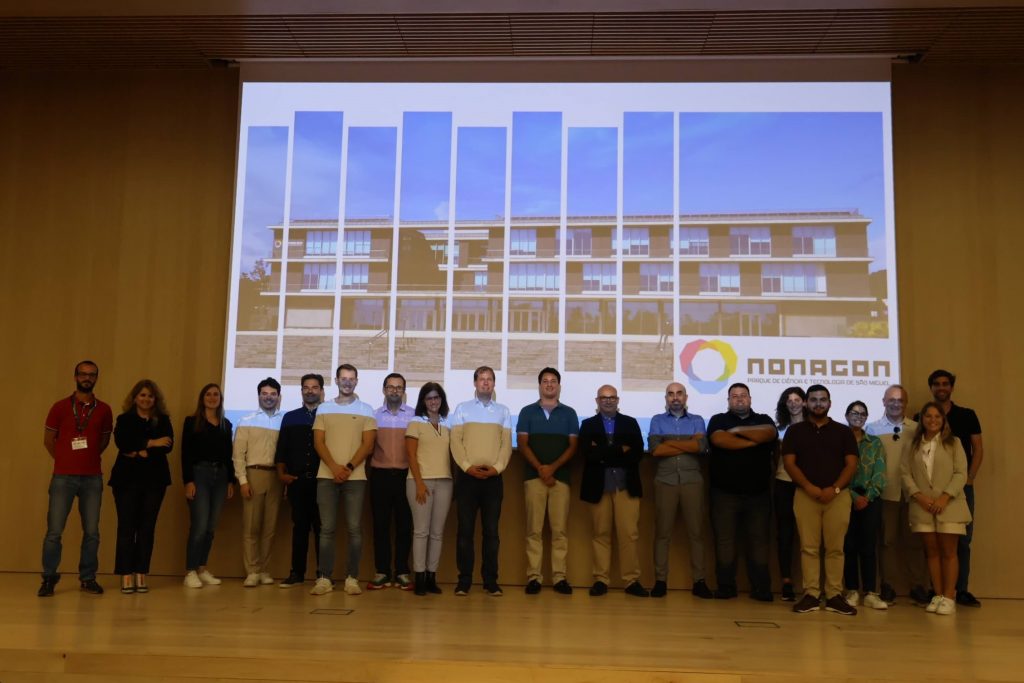
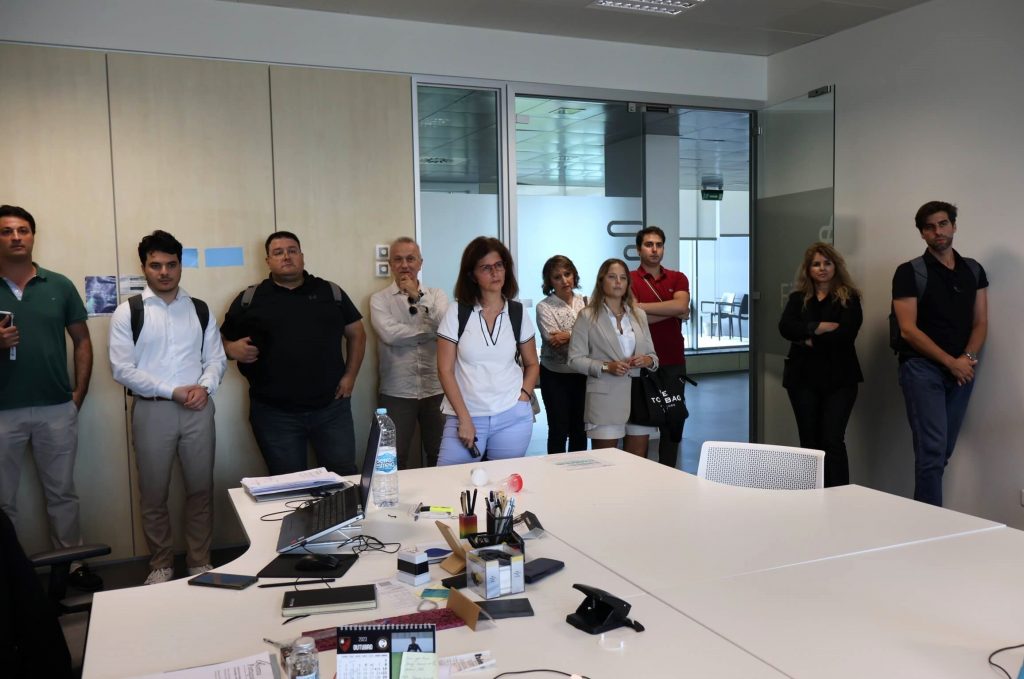
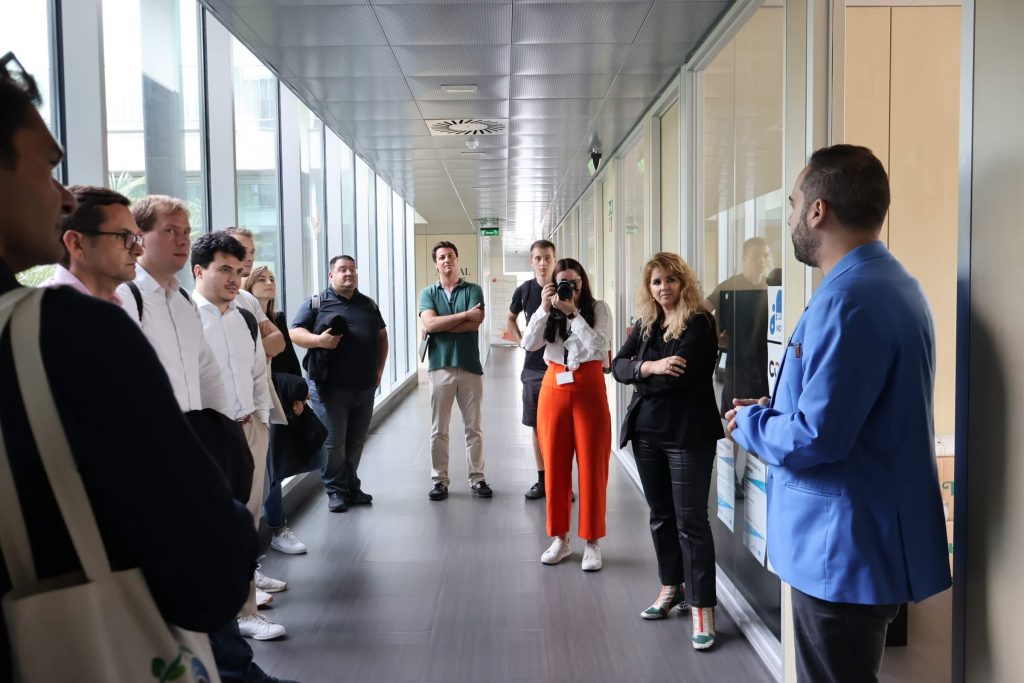
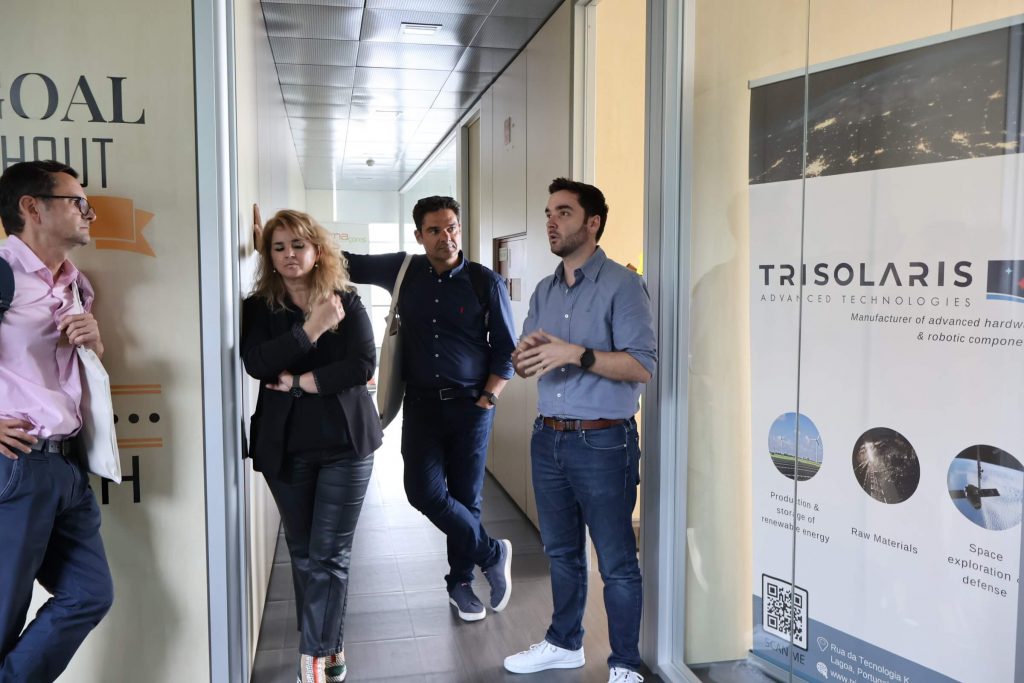
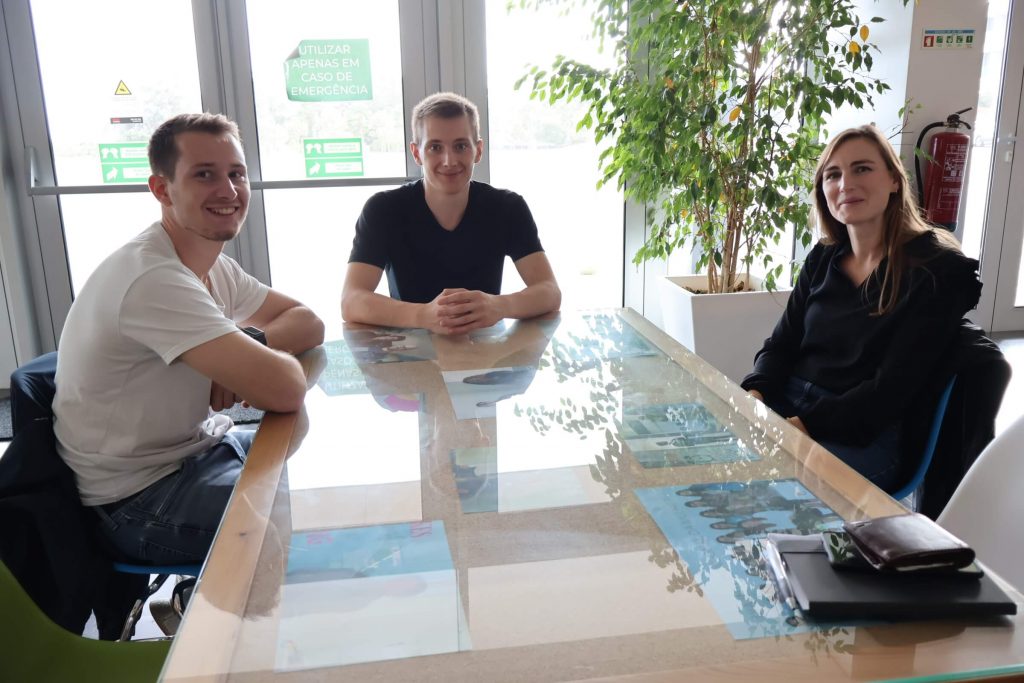
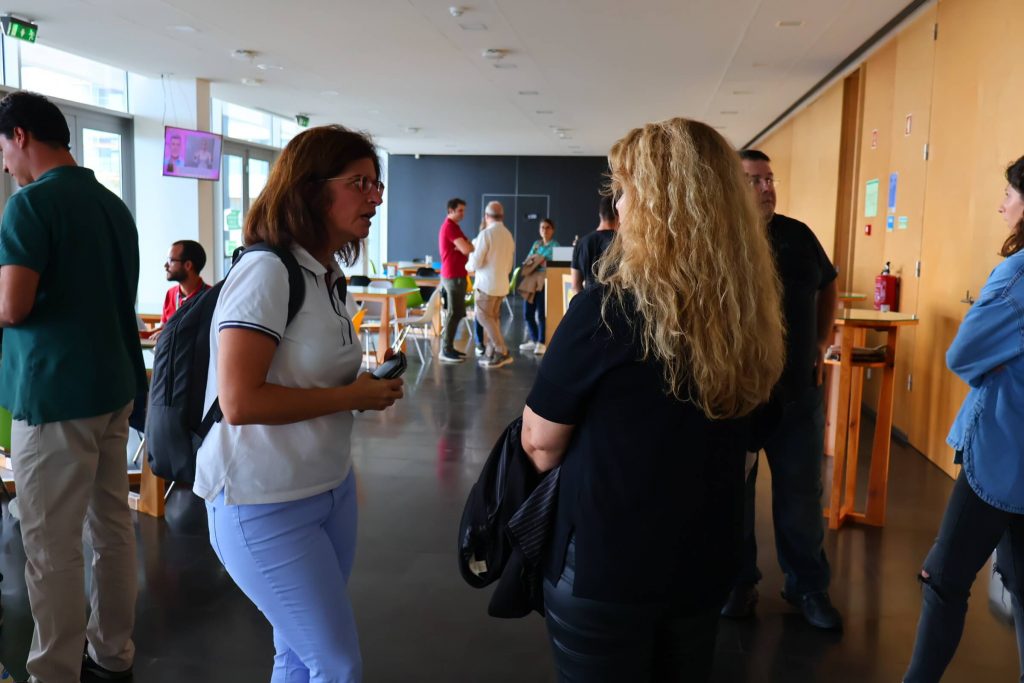
The Park aligns its mission with the key strategic areas of the Research and Innovation Smart Specialisation Strategy for the Azores (RIS3 Azores), including Agriculture, Animal Husbandry and Agro-industry, Fisheries and the Sea, and Tourism. NONAGON functions as a vital catalyst within the Azorean innovation and entrepreneurship ecosystem, facilitating technology transfer.

